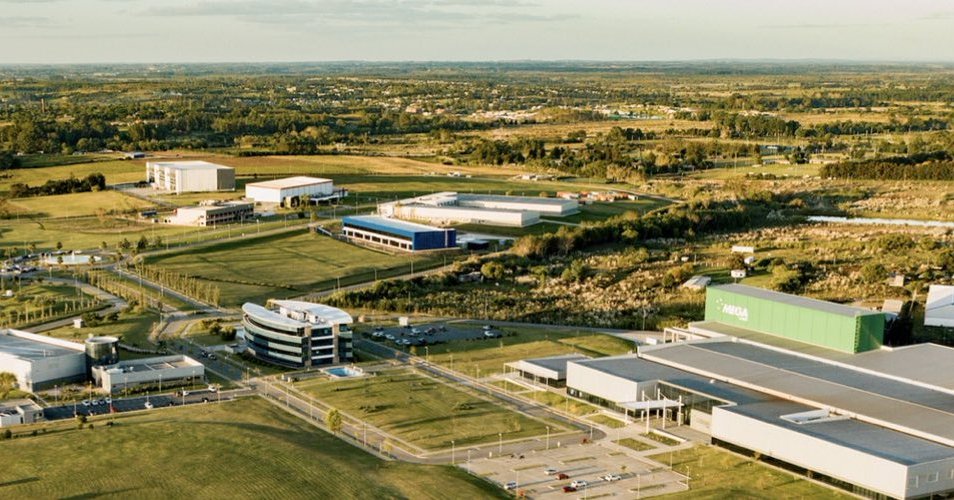Google’s datacentre project in Uruguay has provoked significant backlash from environmentalists. Although it has been approved by local environmental authorities, the plan is criticized for its potential to emit 25,000 tonnes of carbon dioxide each year and produce 86 tonnes of hazardous waste, including electronic residues and chemicals.
The datacentre, located in Canelones, has drawn particular concern given Uruguay’s recent severe drought, which has intensified scrutiny over its environmental impact.
Initially, Google proposed cooling the datacentre’s servers with millions of litres of fresh water, but this plan was met with resistance due to last year’s severe drought that led to a drinking water shortage in Uruguay’s capital.
Although the company has shifted to using air conditioning for cooling, Daniel Pena, an academic and environmental campaigner, suggests that this alternative could also have detrimental environmental effects. He argues that despite the cooling method change, the datacentre will still contribute significantly to environmental degradation.

Environmentalists are worried about the datacentre’s potential impact on Uruguay’s carbon footprint. Pena estimates that the datacentre could increase the country’s carbon dioxide emissions from energy production by 2.7%.
Uruguay is known for its commitment to renewable energy, generating over 90% of its electricity from renewables. However, during periods of high energy demand or water shortages, the country resorts to oil-based power stations, which could be further strained by the datacentre’s energy requirements.
The rapid approval process of the project has also drawn criticism from environmental groups. They argue that there was insufficient time for thorough scrutiny of the environmental impact and that the government did not adequately inform or involve these groups in the decision-making process.
Ana Filippini from the Movement for a Sustainable Uruguay (MOVUS) expressed concerns that the environmental impact studies were incomplete and that the datacentre’s waste disposal methods remain unclear.
In response to the backlash, Google has defended the project, emphasizing its commitment to sustainability and the benefits of the datacentre. A company spokesperson stated that the datacentre will adhere to local environmental standards and will support the broader goal of transitioning to a net-zero future.
They also highlighted the economic benefits of the datacentre, including investment in Latin America and the support of widely used Google services. Despite these assurances, the project remains controversial, with ongoing debates about its environmental implications and the adequacy of its regulatory approval process.

